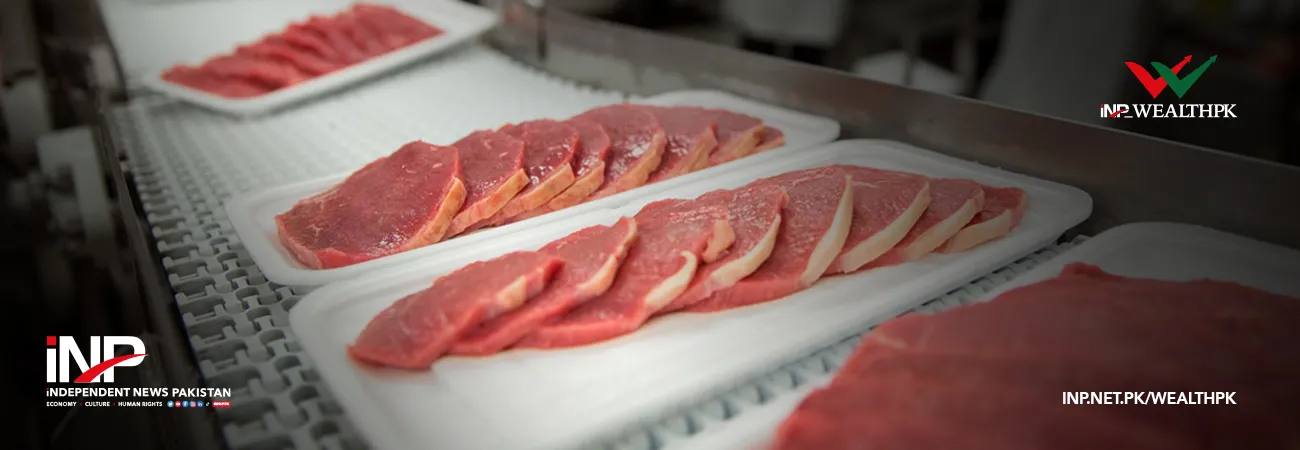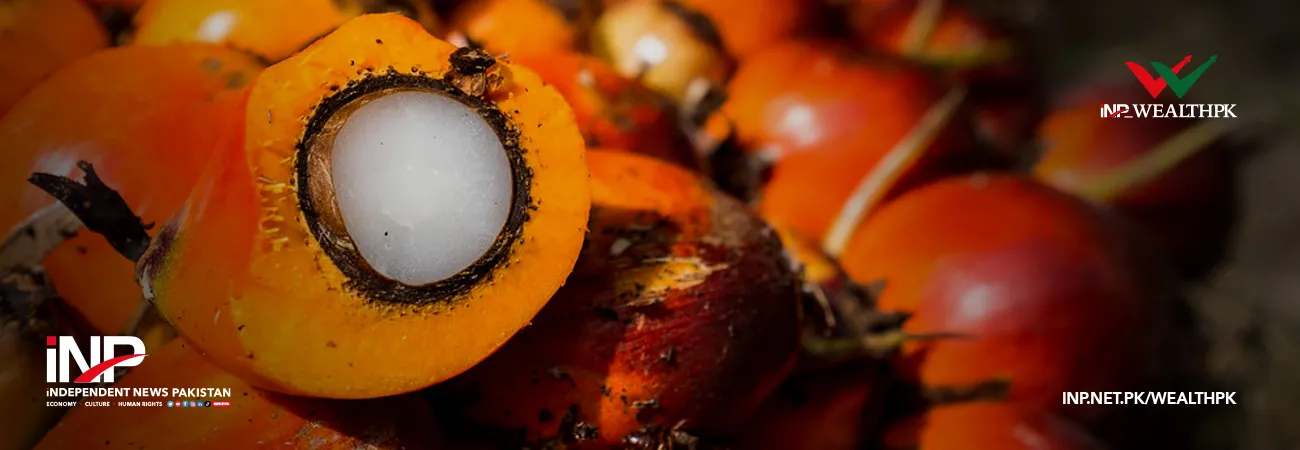INP-WealthPk
Ahmed Khan Malik
The Balochistan government is working on establishing meat processing units in the province to tap the potential local and international meat market.
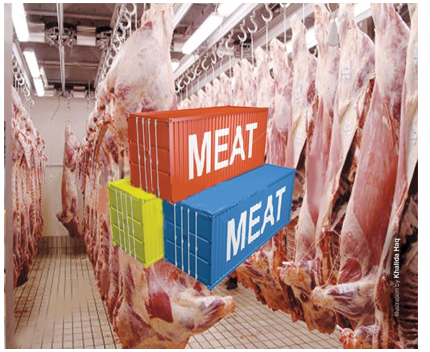
These units will be established in Zhob and Hub districts at the cost of Rs550 million. “We have started working on these units and they will be completed as per schedule,” Shahnawaz Baloch, Director of the Livestock Wing of the Agriculture Department, told WealthPK. He said Balochistan had 40 million quality livestock heads constituting 40 percent of the total livestock in Pakistan. Baloch said livestock was one of the major sources of livelihood in the province, where the industrial base was very limited and people mostly relied on agriculture.
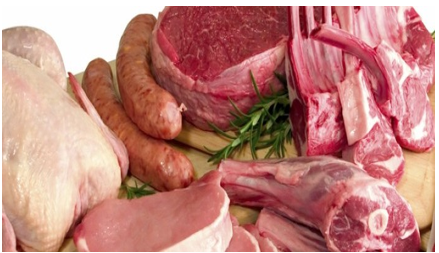
Besides such a higher proportion of livestock, Balochistan is contributing only 10% (0.3 million tons) to the total meat production of Pakistan (3 million tons), thereby producing a gap of 0.7 million tons, an opportunity which needs to be tapped, he said. The province maintains 5.29 million cattle, 16.14 million sheep, 16.42 million goats, 1.09 million buffaloes, 0.46 million camels, and 8.22 million poultry. Livestock contributes Rs170 billion to the provincial GDP with a share of meat 40 percent, milk 35 percent, eggs 13 percent, skin, hides & wool 10 percent, and others 2 percent. The province annually produces 70,000 tons of beef and 280,000 tons of mutton. Considering the present trend, the demand for livestock products will increase at the higher rates induced by various factors, he said, adding that the population growth will cause a direct increase in the demand for livestock products. The local consumption is estimated at 15kg per person per year, which is far below the international consumption of 40kg per capita.
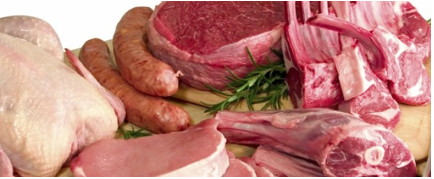
Modernization of cities other than metropolitans has increased the number of hotels causing an uptick in demand, Baloch said, adding that an opportunity existed for fresh and processed meat products, including bacon, ham, sausages, salami, corned beef, jerky, hotdog, lunch meat, canned meat, and meat-based sauces which also catered to the needs of leather and carpet industries by sustaining the supply of hides and wool. To exploit all these opportunities and to fill the gap between the production and consumption of red meat and its value-added products, the Government of Balochistan is setting up large-scale meat processing units. “This will not only help meet the domestic demand for fresh meat, but the value-added products will also be exported to the potential target markets of Muslim countries such as Malaysia, Egypt, Iran, Saudi Arabia, and the UAE, as well as China, which is one of the major meat importers,” he added.
Credit: INP-WealthPk



